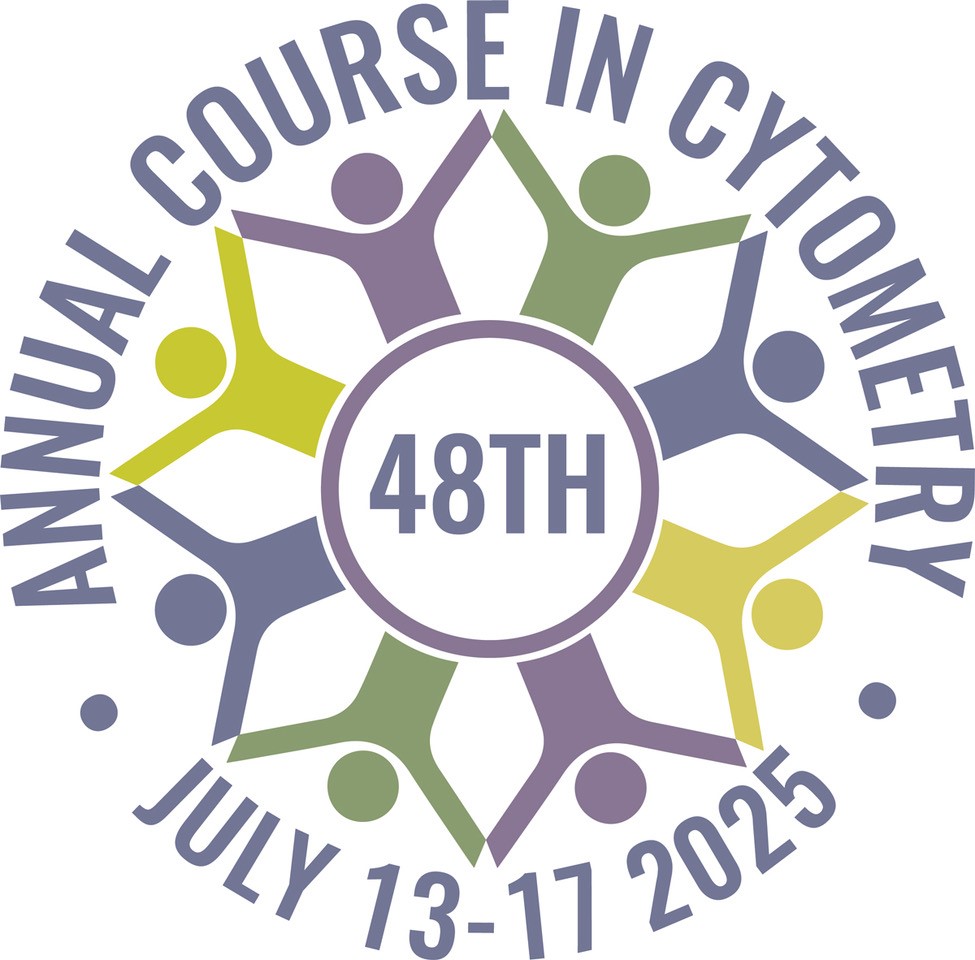Lab Descriptions

Course |
Registration & Scholarships |
Sponsorship |
Agenda |
Lab Descriptions |
Planning Your Trip to Philadelphia
**Labs are subject to change.**
Build a Flow Cytometer
The build a flow cytometer lab provides hands-on exploration into flow cytometry hardware basics and provides attendees with an understanding of the inner workings of a flow cytometer.
Cell Sorting
The cell sorting lab addresses basic stream physics, optimized sorting parameters, and best-practice sample preparation and optimization to provide attendees with an understanding of successful experimental designs for cell sorting.
Intracellular
The intracellular cytometry lab discusses various technical variations to simultaneously detect cell surface antigens and intracellular targets including considerations for different approaches to fixation and permeabilization to access cytoplasmic and nuclear compartments.
Multicolor Immunophenotyping
The multicolor immunophenotyping lab discusses the importance of antibody titration, the use of conjugated versus non-conjugated antibodies, monoclonal antibody selection, and considerations in fluorochrome combinations.
Introduction to Antibody Staining
The introduction to antibody staining lab covers the importance of understanding experimental variables such as cell number, antibody concentration, and reaction volume when staining cells. The inclusion of viability dyes and staining conditions and their impact on results will be discussed.
Instrument QC
The instrument QC lab reviews key operating principles, instrument standardization, and maintenance routines before diving into troubleshoot problems in the fluidics, optics, and electronic systems.
Single Cell Genomics
The single cell genomics lab will discuss important considerations of cytometry in the generation of single cell transcriptomics data.
Spectral Flow Cytometry
The spectral flow cytometry lab will discuss differences between different spectral flow cytometers and best practices in settings optimization, reagent selection and titration, and optimal controls. Attendees will learn how to handle high autofluorescence samples expressing fluorescent proteins and when to perform autofluorescence removal.
Extracellular Vesicles
The extracellular vesicles lab will provide attendees with insight into the unique optimization and sensitivity of cytometer instrumentation to detect small particles.
Panel Design
The panel design lab will cover both the basics and more advanced aspects of panel design including the use of specialized online tools.
Data Acquisition
The data acquisition lab will provide attendees with an overview of flow cytometry workflows from sample generation to data acquisition, providing insight into instrument selection, acquisition settings, and both low and high-throughput workflows.
Analysis Basics
The analysis basics lab will discuss best practices in determining data quality and covering gating strategies and statistical analyses including quantification and MFI.
High Dimensional Data Analysis
The high dimensional data analysis lab provides an overview of applying computational techniques to high-dimensional flow cytometry datasets.
Sample Preparation
The sample preparation lab will provide attendees with considerations for best practice in sample preparation, going from tissue to single-cell suspensions for downstream use with flow cytometry.
Imaging Flow Cytometry
The imaging flow cytometry lab discusses how the combination of flow cytometry and microscopy provides unprecedented information about cell biology at the single cell level.
Contact Us
For more information, please contact Jennifer Hope, PhD, Assistant Professor, Microbiology and Immunology at jlh434@drexel.edu.
Back to Top